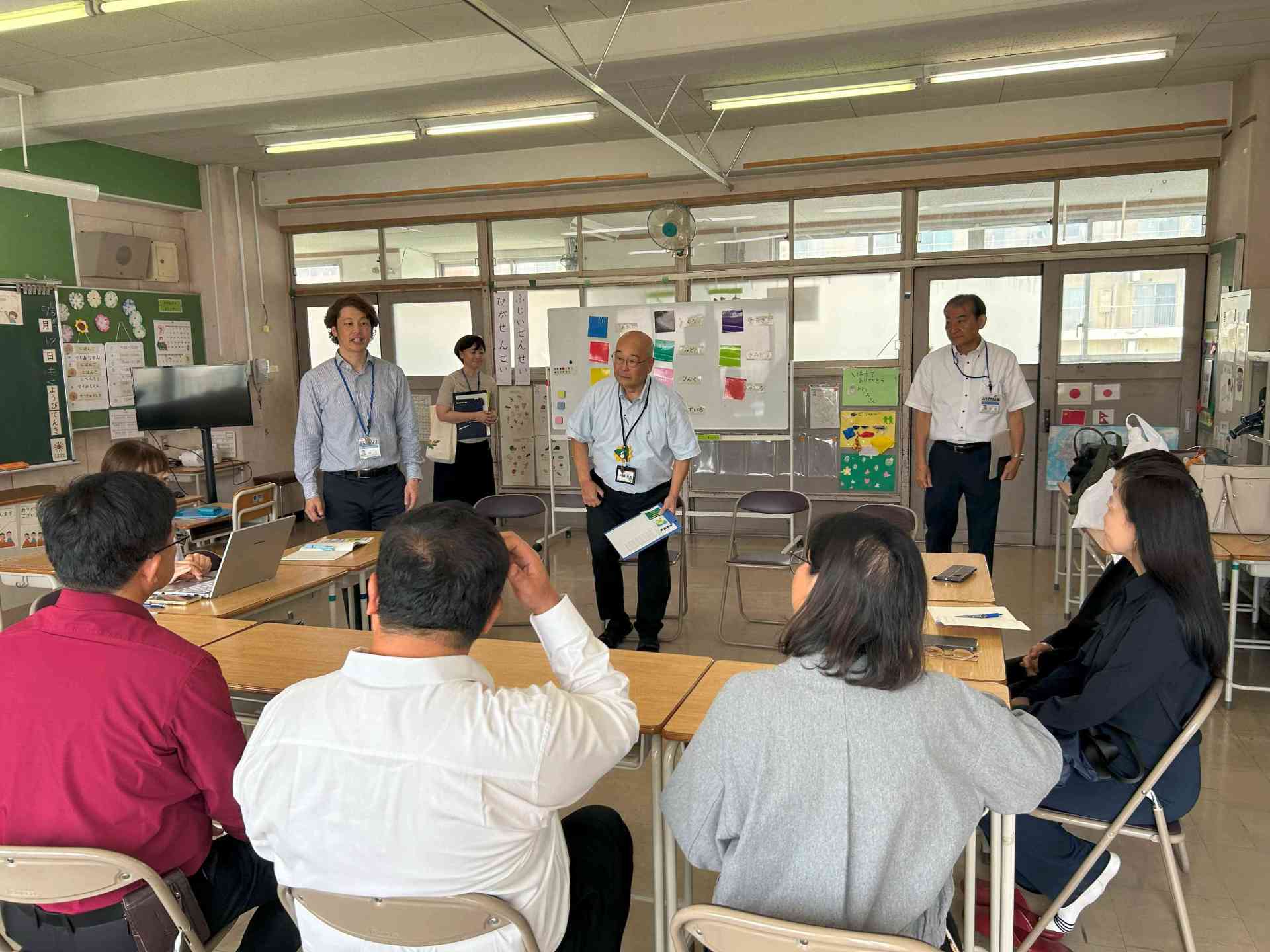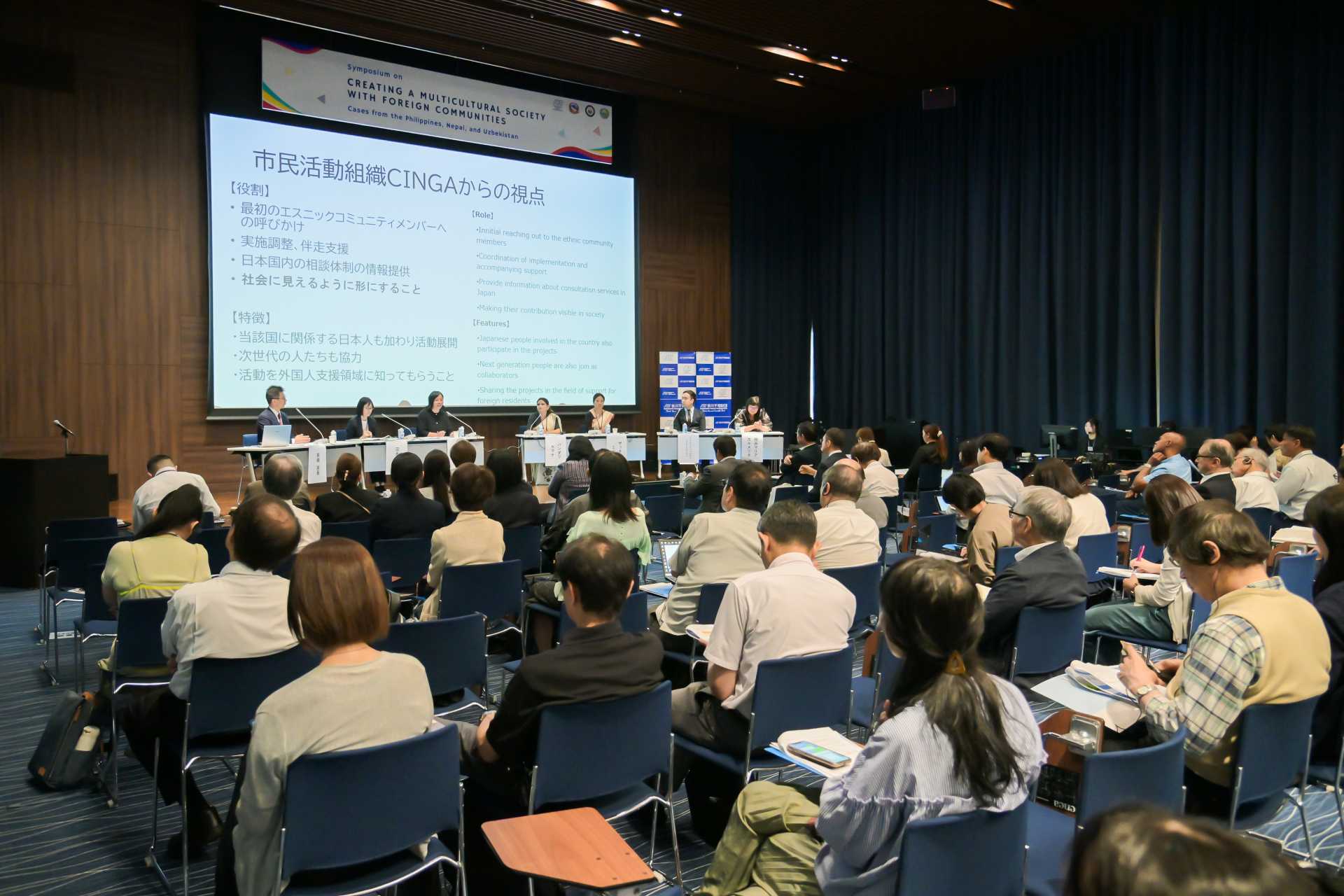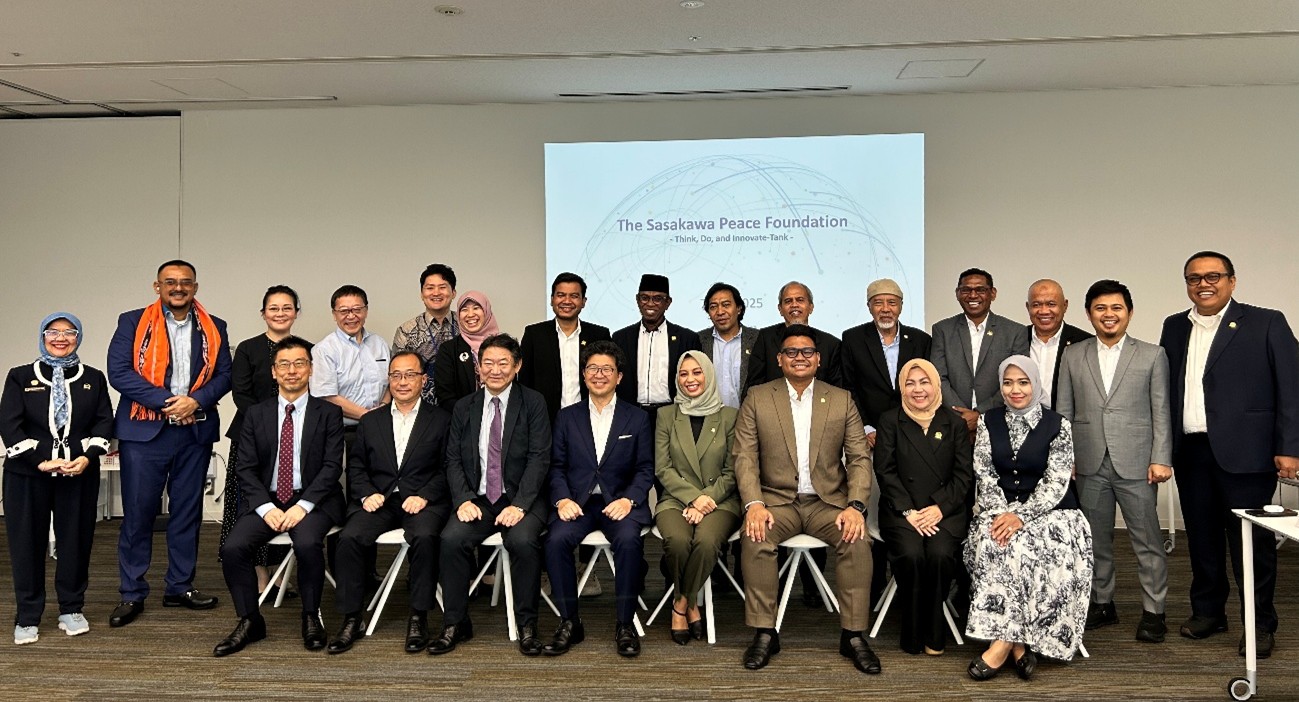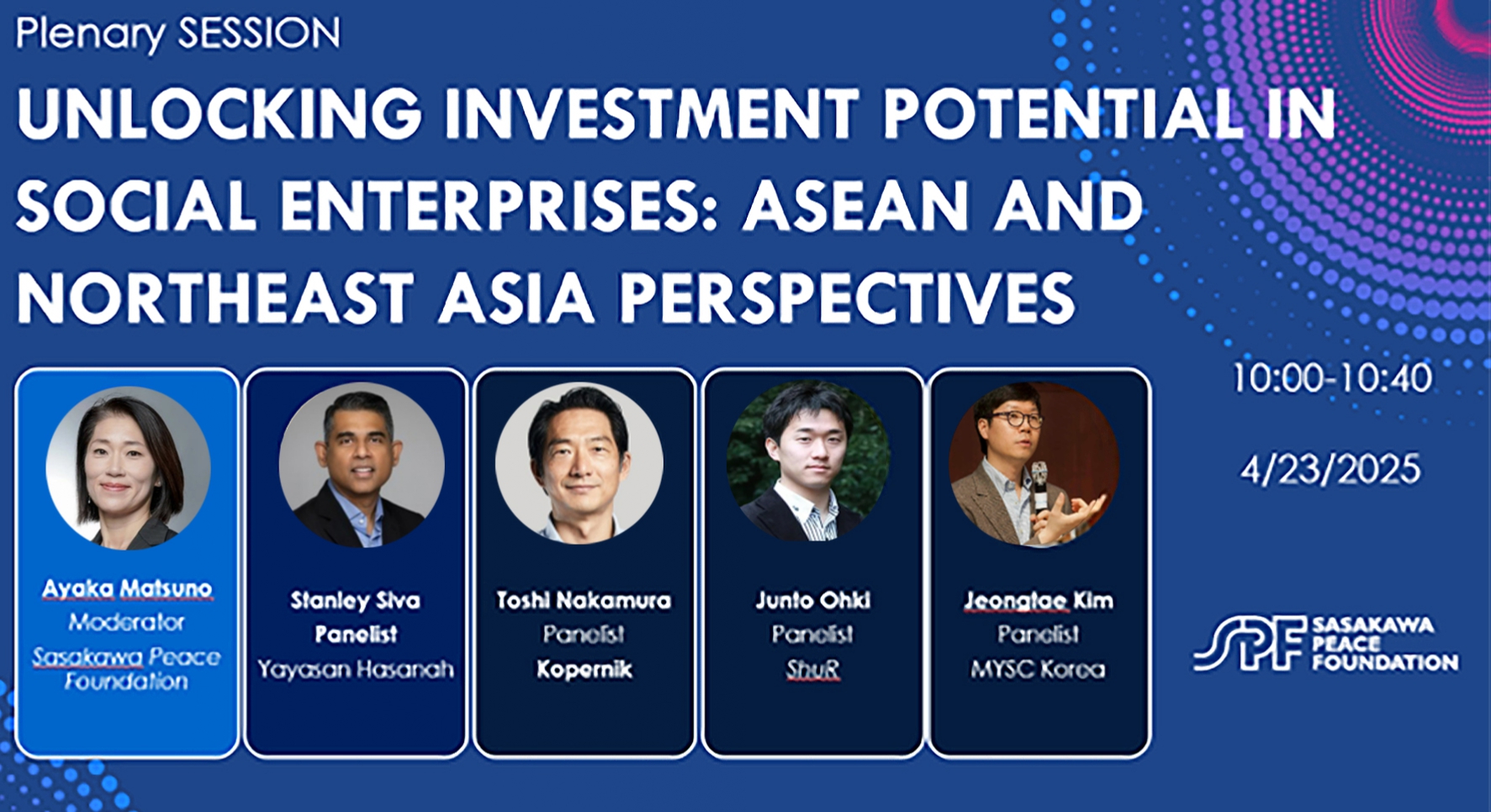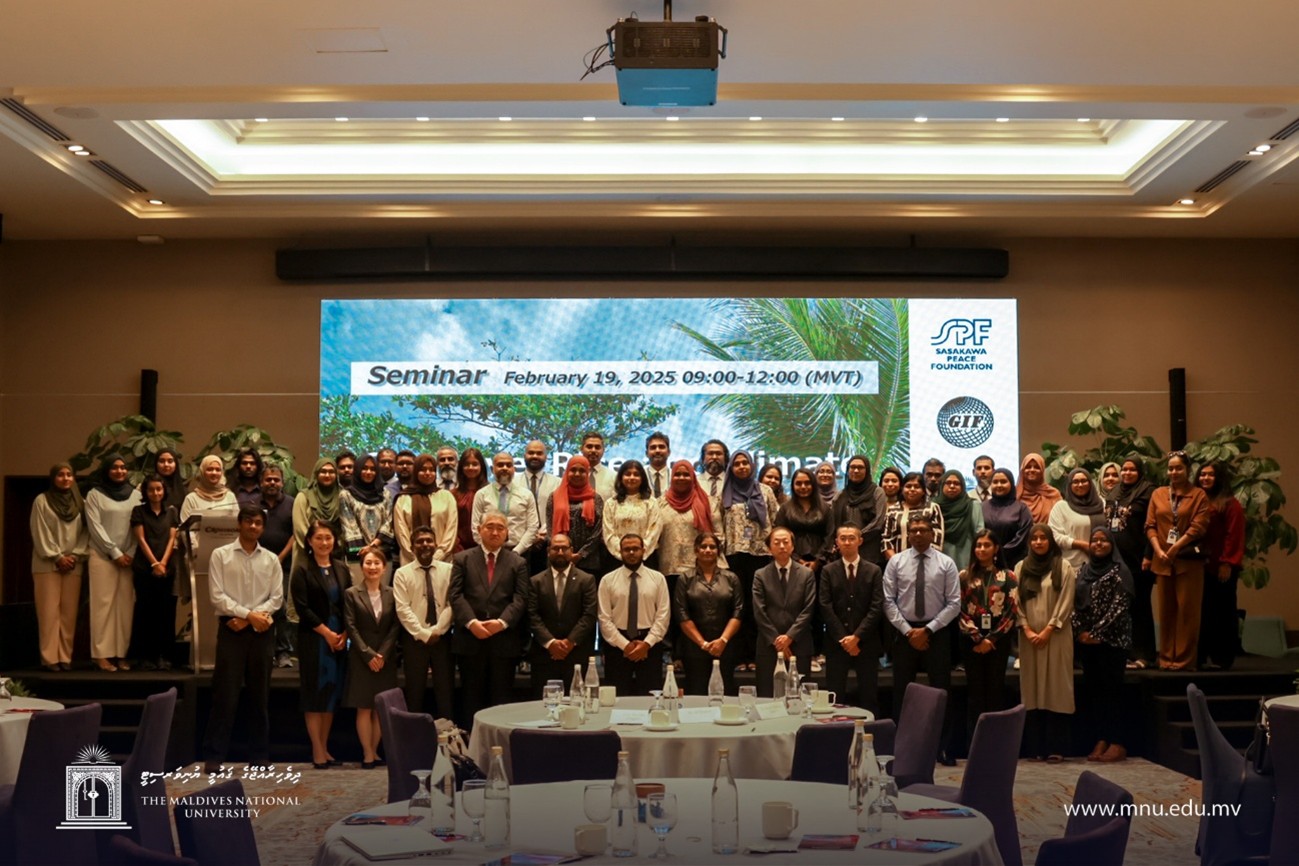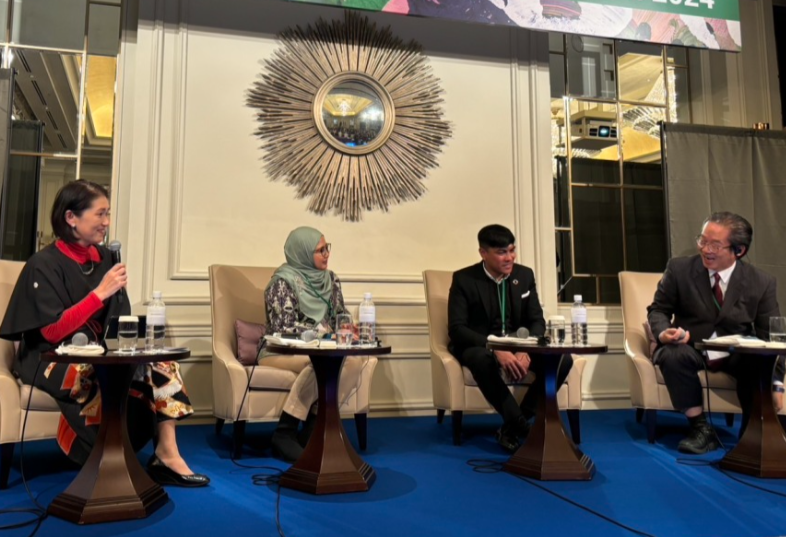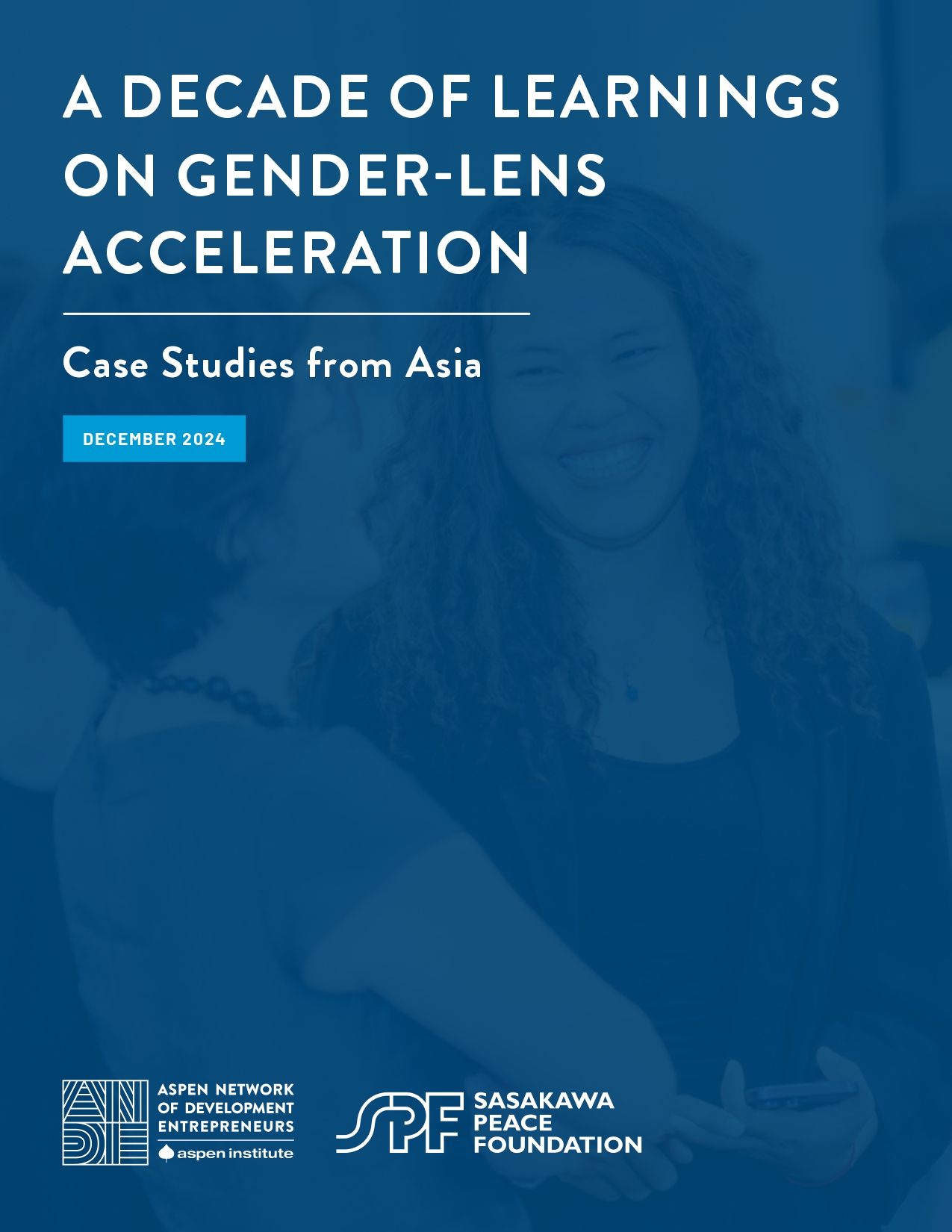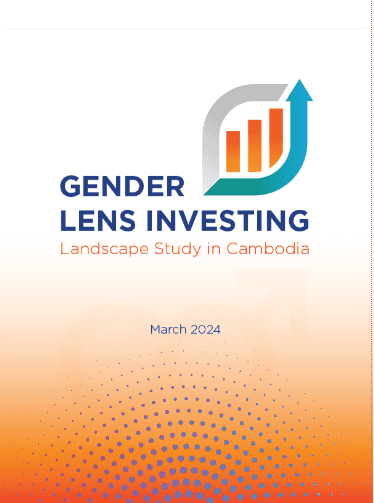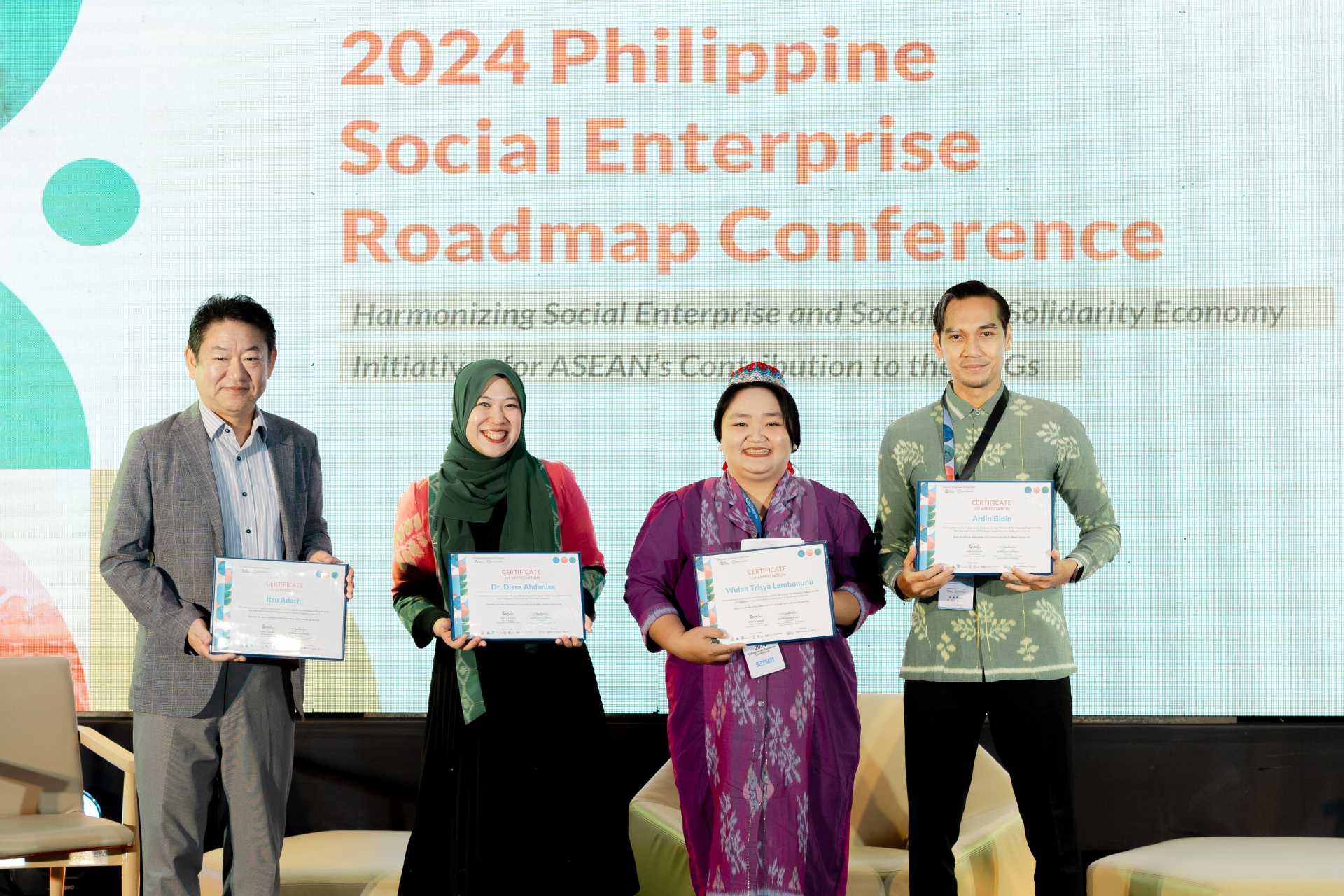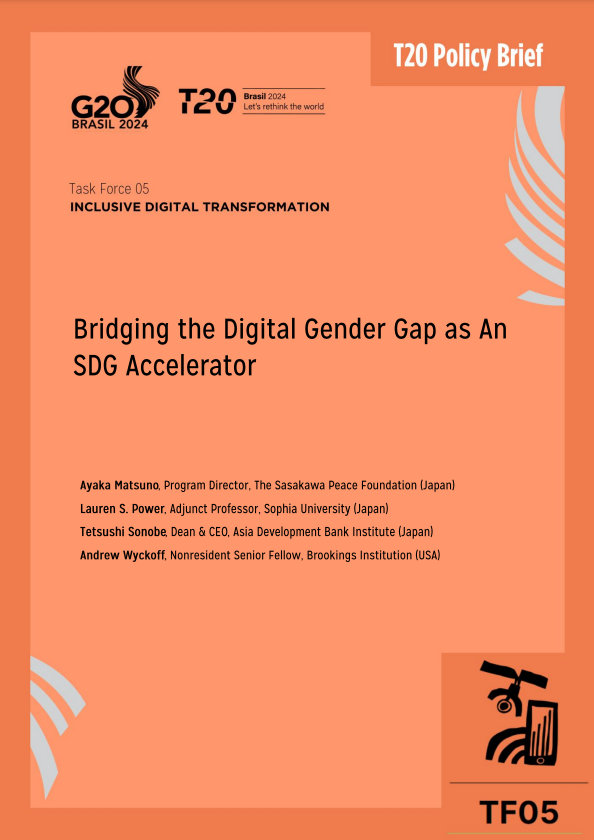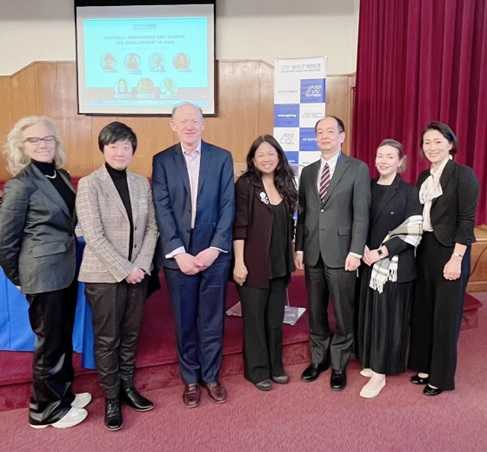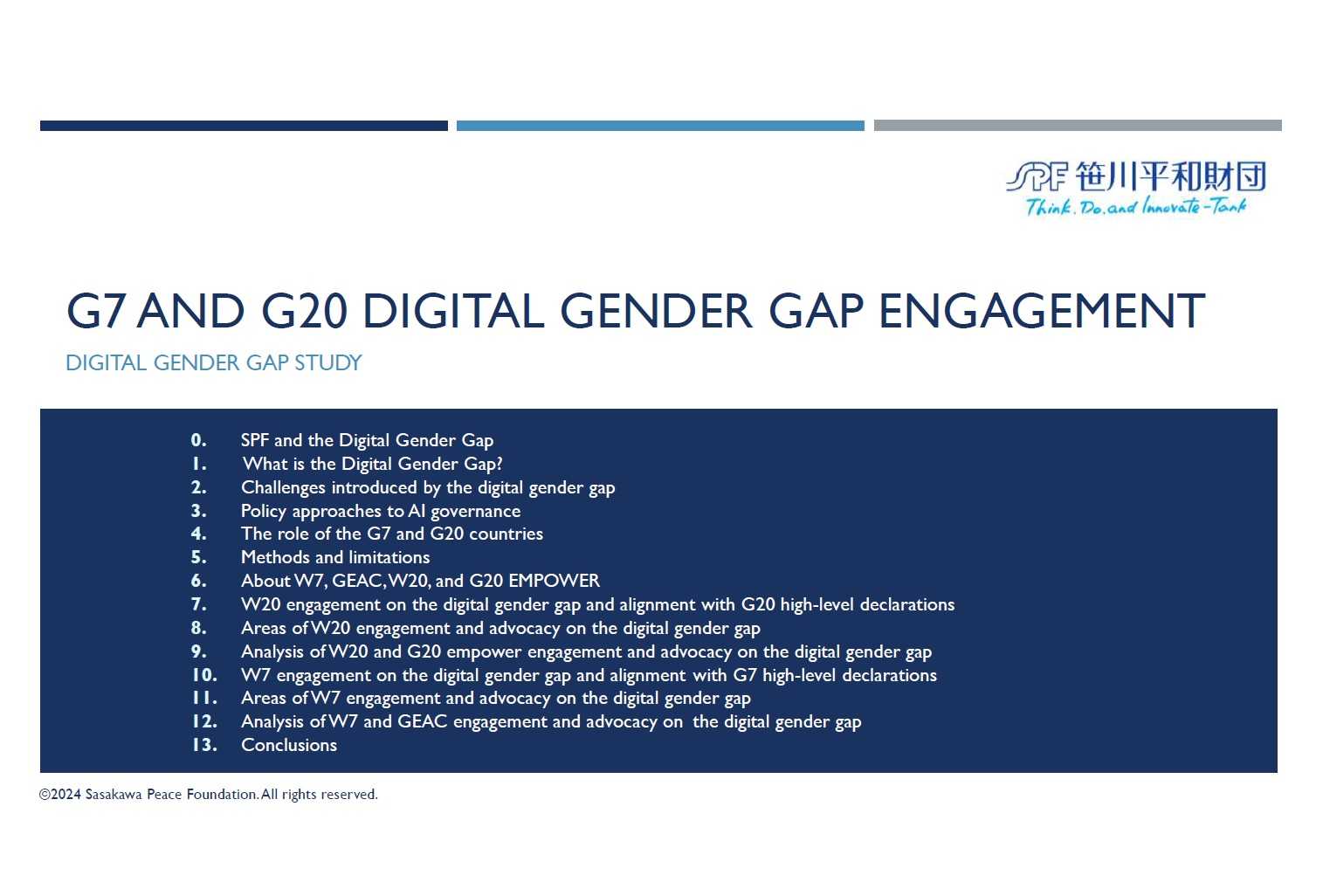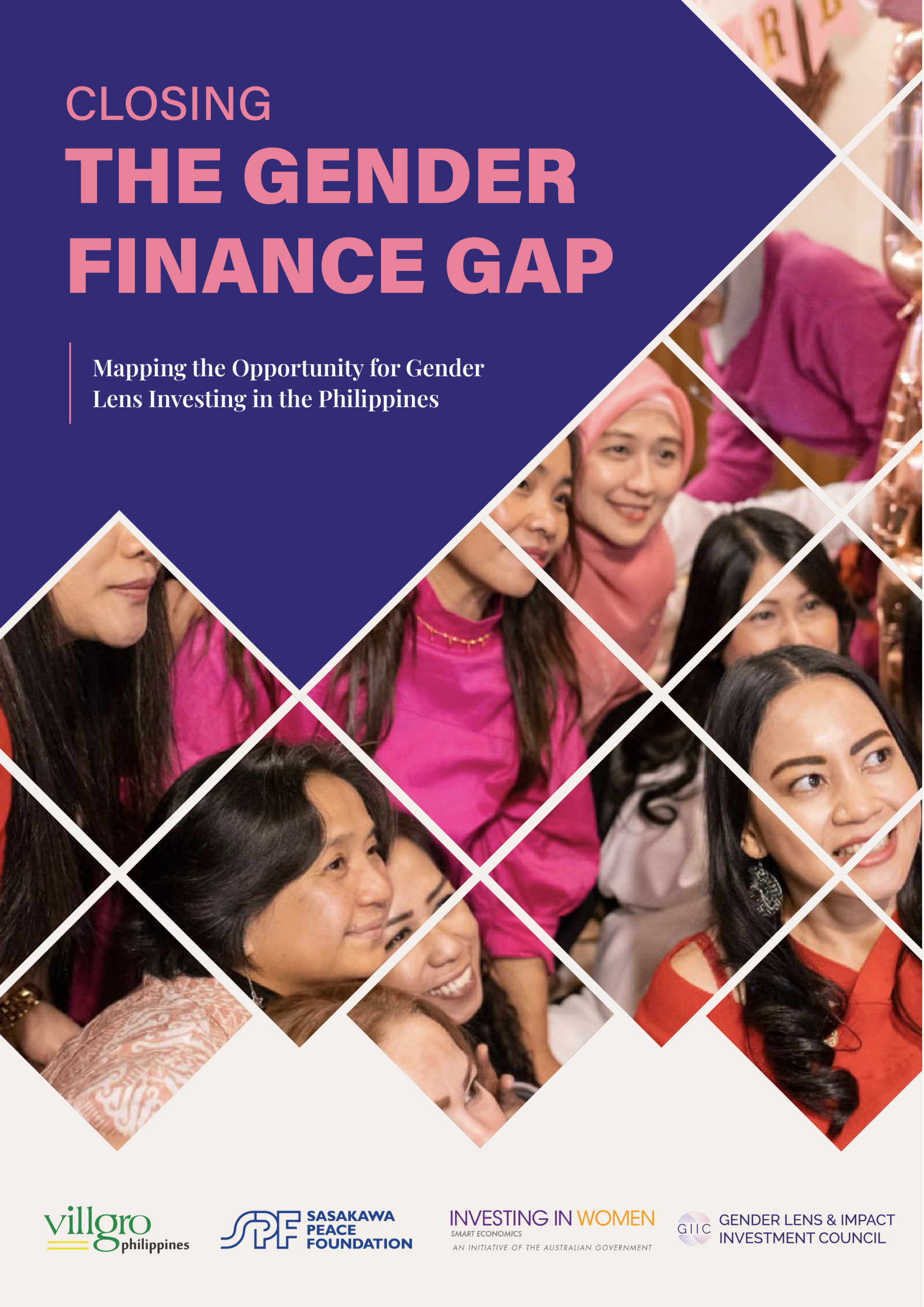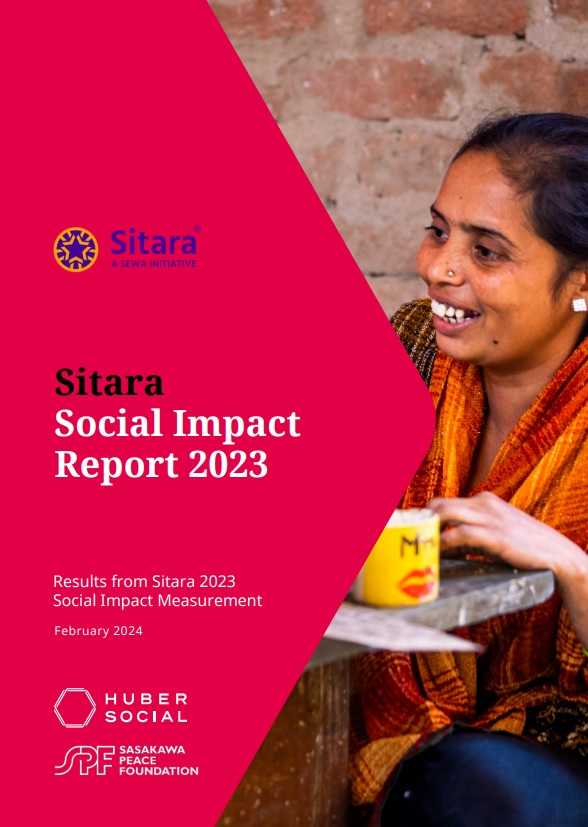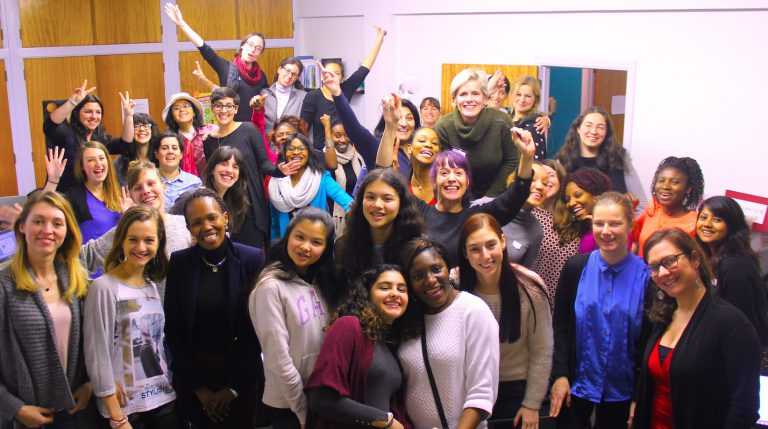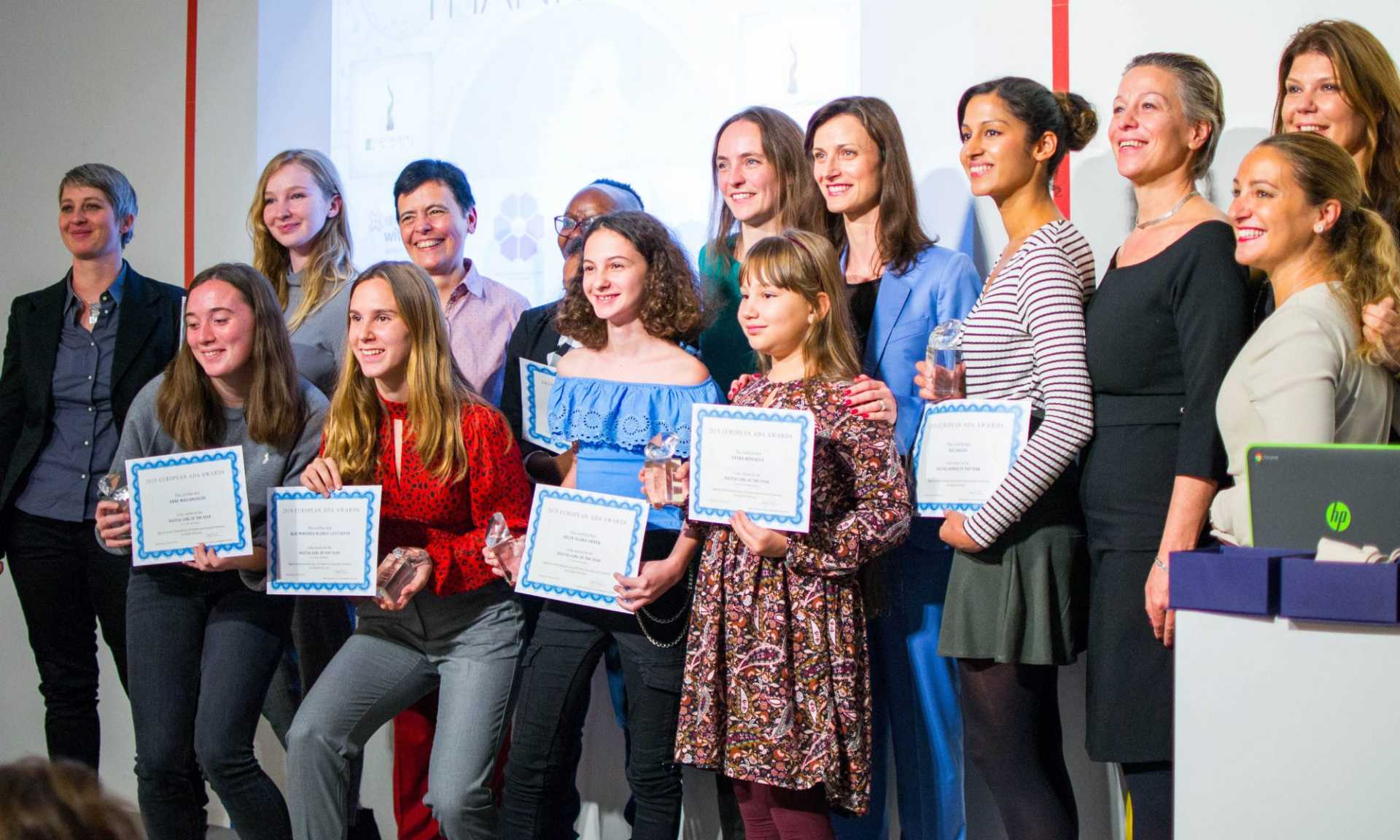SPF special session at the 5th WAW!/W20 on the potential for gender lens investment to promote women's empowerment
April 19, 2019
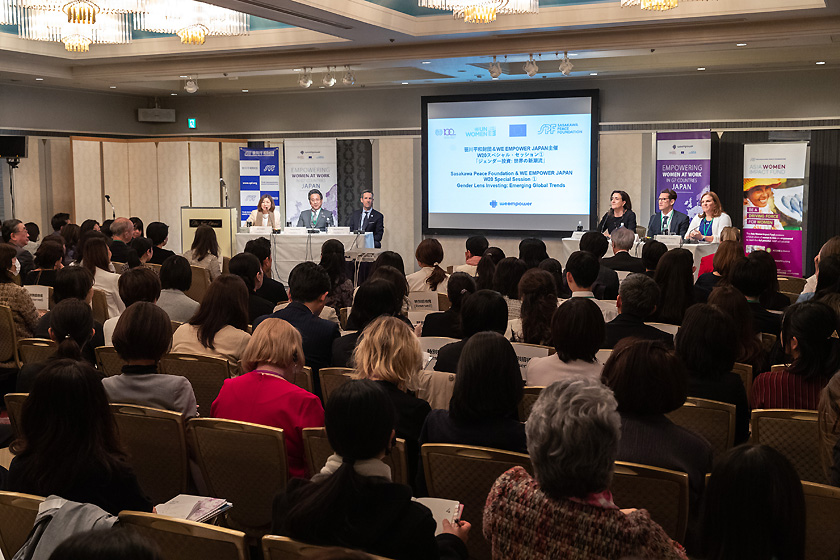
In recent years, gender lens investing has emerged as an important source of funding to support organizations that are advancing women's empowerment around the world. This type of sustainable investing is based on the premise that investments that incorporate gender considerations are not only socially responsible but also make good business sense. Companies with high standards for gender equality limit potential risks — sexual harassment, high staff turnover, and other factors that may reduce profitability — making them more stable investments over the long-term. In addition, evaluating businesses with a gender lens can help investors identify companies with previously untapped value.
While gender lens investing is still relatively new and makes up a tiny fraction of overall global markets, investor interest is growing. In the last 20 years, the number of venture capital firms using a gender lens jumped from single digits in the early 2000s to 87 in 2019, with most created in the last several years. Larger financial institutions have also begun applying a gender lens to their investment approach, including the Japanese Government Pension Investment Fund, which selected an index fund composed of Japanese companies with high levels of gender equality for its portfolio, and the U.S. Overseas Private Investment Corporation (OPIC), which announced more than 1 billion USD in investments to support women-led projects in developing countries.
In light of these trends, the Sasakawa Peace Foundation (SPF) partnered with WE EMPOWER JAPAN to organize a special session during the 5th WAW!/W20 held in Tokyo from March 23-24, 2019. The session, called "Gender Lens Investing: Emerging Global Trends," assembled two panels of leaders from the private and public sectors to discuss recent developments in gender lens investing and the future for women's empowerment in Japan.
Profit potential of gender lens investing
The participants during the first panel focused not only on the ways that gender lens investing supports women empowerment, but also made a strong case for how investing in women can be profitable. "I believe there's a huge potential in gender lens investing to not only close the gender gap, but also to make a profit" said Ms. Mari Kogiso, director of the Gender Investment and Innovation Department at SPF. Ms. Kogiso's department has been at the forefront of efforts to support women in Asia through research, capacity building, and investing. In 2017, SPF created the Asia Women Impact Fund to pursue investments using a gender lens, and the fund quickly became one of the highest performing assets in SPF's portfolio.
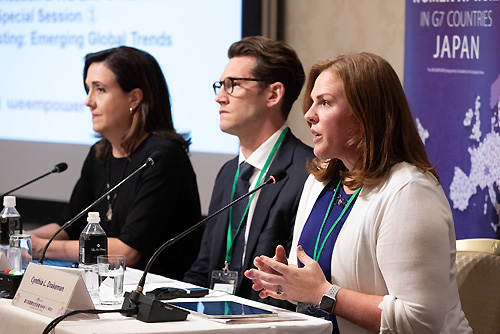
Dr. Cindy Drakeman, founding CEO of the women's empowerment research firm DoubleXEconomy, agreed that investors who fail to grasp the critical role gender equality plays in business are leaving money on the table. By not understanding that gender effects financial outcomes, "investors are taking on a risk that is destabilizing their portfolios, it is limiting their access to markets, and they're also not able to take advantage of new markets that could be identified by applying a more thoughtful gender lens," explained Dr. Drakeman.
Large organizations like State Street Global Advisors (SSGA), a U.S. investment management firm controlling about 2.8 trillion USD in assets, have also begun to integrate gender diversity into their investment strategies. "Companies embracing gender diversity and increasing diversity in thought are better positioned to generate long term sustainable returns," said Mr. Benjamin Colton, head of Asia-Pacific on the Asset Stewardship team of SSGA. In addition, SSGA has incorporated outreach activities targeting companies in its portfolio to ensure greater female representation in leadership positions. For example, SSGA identified 281 companies in Japan without a single woman on the board, and through engagement efforts over the past year more than 50 of those companies added a woman to their board.
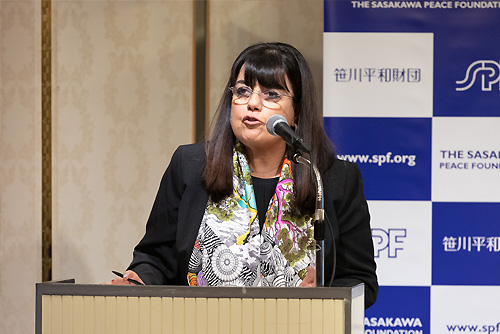
Ambassador Mara Marinaki, the EU/EEAS Principal Advisor on Gender, also emphasized the potential economic benefits of removing barriers that prevent women from obtaining senior management and leadership positions as well as the need to address the financial constraints placed on women entrepreneurs. “Gender lens investing isn’t just a question of social equality,” said Ambassador Marinaki during her opening remarks of the special session. “It’s also a question of economic necessity, not least at the current time of slowing growth.”
Encouraging transparency through accountability
The special session also underscored the need for greater transparency when evaluating companies with a gender lens. Ms. Diana van Maasdijk, co-founder and CEO of Equileap, an organization that publishes reports ranking businesses based on their implementation of gender equality measures, noted the importance of access to gender disaggregated data for identifying and commending companies that actively support women while exerting pressure on others to improve. "We can't change anything if we can't measure it, so we must promote transparency," said Ms. van Maasdijk.
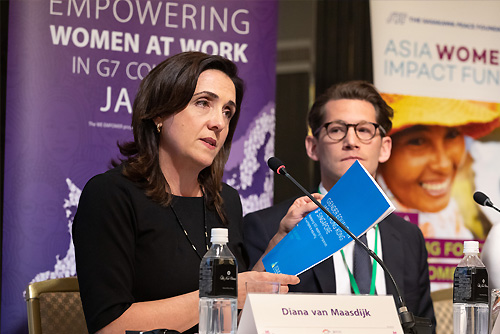
Equileap relies exclusively on publicly available data to compile its top 200 global gender equality ranking, which uses 19 different criteria ranging from the number of women in leadership positions to paid parental leave policies to derive an overall index score. Companies that do not publicly report data receive significantly lower scores than those that do, which incentivizes companies to release more comprehensive information.
During the event, Ms. van Maasdijk also introduced Equileap's first-ever gender ranking of companies in Asia, focusing specifically on Japan, Hong Kong, and Singapore. The report, commissioned by SPF and published just before the special session, found that the three Asian countries generally lag behind global benchmarks for gender equality measures. The report also exposed a broad failure by companies to make data on their gender equality practices publicly available, with only 10% of companies reporting their gender-segregated pay data.
However, Ms. van Maasdijk emphasized that the report is not meant as a final designation, but rather is designed to spur action by business leaders to reevaluate their policies regarding gender equality. "The moment [CEOs] see this, it will help them to upgrade their scores," said Ms. van Maasdijk, urging companies in Asia to improve their global ranking by providing greater access to data.
The role of government
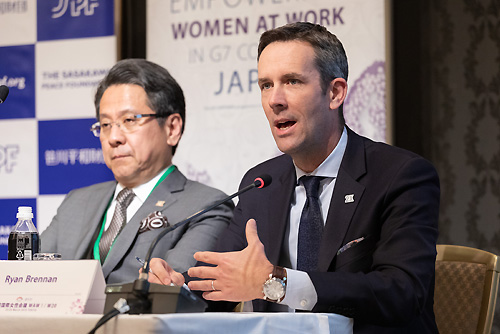
Another major theme during the first session included ways that governments can encourage businesses to improve female representation in leadership positions and call attention to gender lens investing. Mr. Ryan Brennan, Acting Executive Vice President of the Office of Investment Policy in the U.S. Overseas Private Investment Corporation (OPIC), highlighted the importance of government-led action. "We view our role as a government agency as the tip of the spear," explained Mr. Brennan, noting that agencies like OPIC have the freedom to pursue new investment strategies that private investment firms may be reluctant to try. Looking to the future, Mr. Brennan encouraged companies to incorporate gender balance data points into their broader financial due diligence in order to integrate women's empowerment into their everyday decision-making process.
Mr. Tadashi Maeda, Governor and Representative Director for Japan Bank for International Cooperation (JBIC), a financial institution administered by the Ministry of Finance, agreed that public agencies have a responsibility to encourage shifts in the private sector. "Government institutions must play a pivotal catalytic role to mobilize private funds to this investment arena," said Mr. Maeda.
The view from Japan
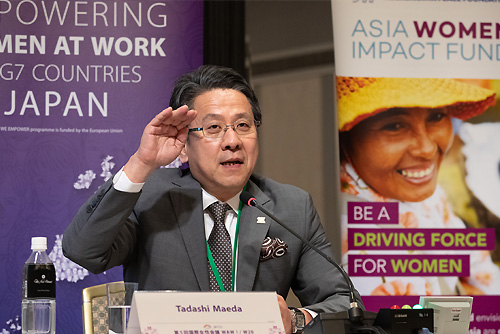
The event concluded with a discussion about the future of gender lens investing and gender equality in Japan. While the Japanese government has made women's empowerment a central pillar of its economic revitalization strategy, the concept of gender lens investing has not yet become well known in the country.
"When you say gender in Japan, you talk about equal opportunities of employment to women and also for companies as part of CSR. That's how it's perceived. There's very little awareness that this can be part of their proactive investment target," explained Mr. Maeda. He also discussed the need for a shift in the work culture in Japan including implementation of measures to address the social systems that place burdens on working women.
Ms. Asako Osaki, the National Coordinator for WE EMPOWER JAPAN, discussed her expectation that Japan will build on growing trends of gender lens investing and broader shifts toward greater women's empowerment. She also suggested that Japanese companies should work to promote the Women's Empower Principles (WEPs), a guideline proposed by the UN that outlines steps that companies can take to move toward greater gender balance in the workplace.
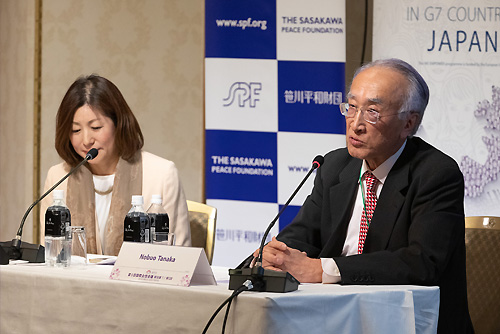
Mari Kogiso
SPF Chairman Nobuo Tanaka also addressed the current work culture in Japan, citing personal experience seeing ambitious Japanese women moving overseas in search of better professional opportunities abroad. "We have to build an environment for [women] to fulfill their potential," said Mr. Tanaka, suggesting the use of quotas for women in leadership positions and emphasizing the importance of government intervention to incentivize companies to improve their gender equality measures.
Mr. Tanaka concluded by highlighting the ways that SPF has become a successful model for featuring women in leadership positions and expressing hope for the future of Japan. "I've been able to see that these kind of people are changing the world," said Mr. Tanaka. "This isn't just with the Sasakawa Peace Foundation, but also with companies as well, and I'm quite optimistic that it's only a matter of time before we all change to that direction."
Jackie Enzmann, Chief Editor
Related Links:
Equileap Report – Gender Equality in Japan, Hong Kong & Singapore:
https://www.spf.org/global-data/user53/20190318121117219.pdf
SPF Gender Investment and Innovation Department:
https://www.spf.org/en/programs/gender/
Asia Women Impact Fund:
https://www.spf.org/awif/
For a full list of W20 session panelists:
https://w20japan.org/en/event/index.html


